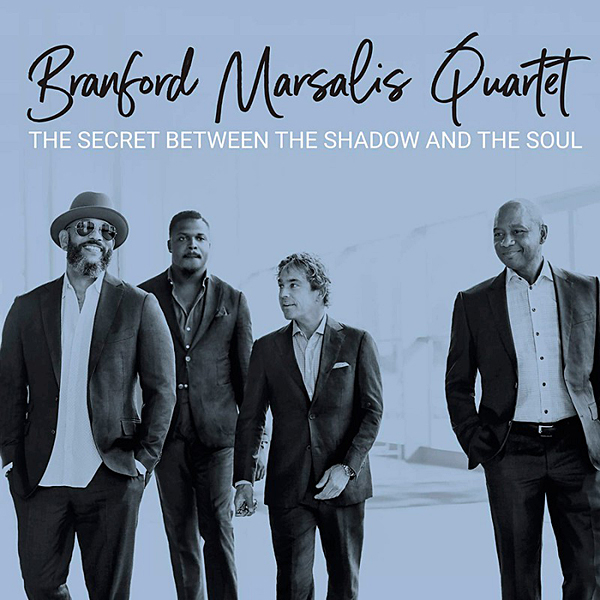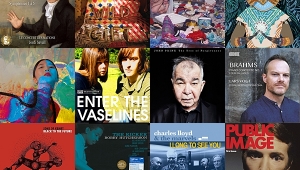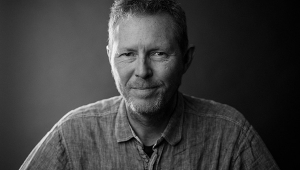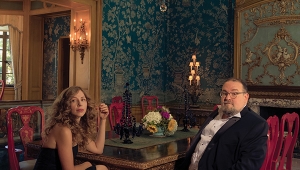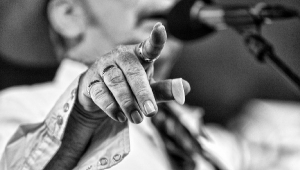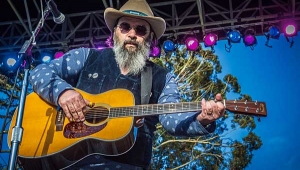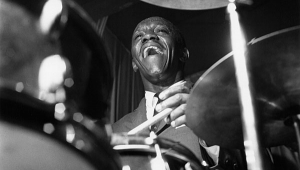| Columns Retired Columns & Blogs |
I wonder if it is the same LP-12 I saw when he provided some magazine a tour of his NYC apt in the early 90's. Reading his comments on how the younger guys don't have a connection to the past, I am reminded of a statement I heard from Steward Copeland several years ago (can be found on YouTube), where he said that 90% of jazz played today has nothing of merit or anything to say. I wonder if Branford would agree with that statement. Well done Ken Micallef, wish this was 30 pages instead of just 2, great read.
